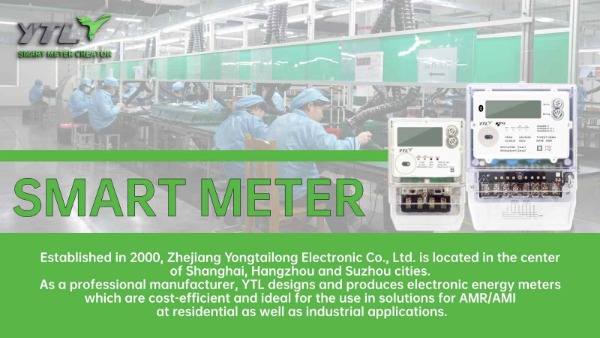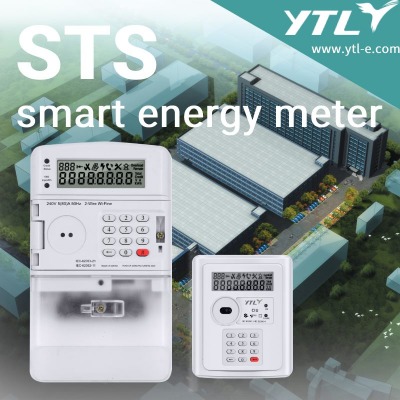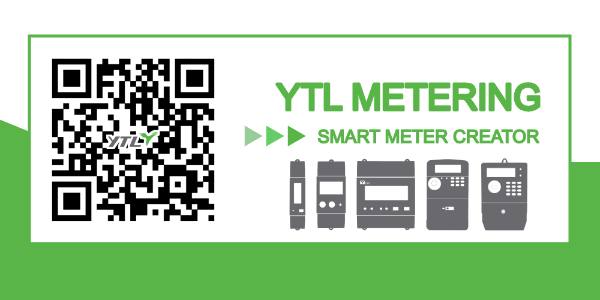Smart meters play a crucial role in the process of carbon emission reduction, and their importance is growing with the continuous development and application of technology. The key roles of smart meters in carbon emission reduction include:
 1. Improving the accuracy of carbon emission calculation
1. Improving the accuracy of carbon emission calculation
Smart meters, as a type of advanced energy metering device, possess high precision, stability, and low power consumption. They can real-time monitor and record energy consumption data and display cumulative carbon emission data. By adding a carbon calculation module, smart meters can track carbon emissions in real-time, providing accurate and up-to-date information on average emissions per unit of electricity. This enables accurate tracking and monitoring of carbon emissions throughout the entire process.
Traditional methods of calculating electricity carbon emissions typically rely on fixed coefficients, which are prone to errors and do not account for differences in electricity production and transmission. Smart meters, on the other hand, provide accurate calculations, enabling accurate assessments of green energy transitions and providing a strong foundation for active participation in international negotiations.
 2. Promoting green energy transition
2. Promoting green energy transition
Under the dual carbon goals, controlling carbon emissions is a major driving force for development. However, accurate calculation of carbon emissions is a critical prerequisite for achieving this goal. Smart meters meet this requirement by providing real-time monitoring and accurate measurement of carbon emissions.
On one hand, smart meters enable enterprises to better fulfill their obligations to control carbon emissions by providing real-time data on carbon emissions. This allows enterprises to formulate more scientific reduction strategies. On the other hand, smart meters facilitate governments in evaluating the effectiveness of emission reduction policies and making more informed decisions.
3. Promoting low-carbon development in the power industry
Smart meters offer new perspectives on tracking and analyzing carbon footprints throughout the power system. By real-time monitoring and accurately measuring carbon emissions, smart meters enable precise control over carbon emissions at each stage of the power process. This enables power companies to better understand their own carbon emissions and formulate more effective reduction strategies.
Moreover, smart meters can drive the digital transformation and intelligent upgrading of the power industry, further improving energy efficiency and reducing carbon emissions.
4. Realizing carbon emission big data management and visualization
In addition to real-time monitoring and accurate measurement of carbon emissions, smart meters can also manage and visualize large amounts of carbon emission data. By collecting and analyzing vast amounts of data, smart meters can provide powerful support for understanding overall carbon emission trends. Furthermore, through visualization representation, smart meters can convert complex carbon emission data into intuitive charts and images, helping people better understand emission trends and formulate corresponding reduction strategies.
By playing these roles, smart meters are expected to play an increasingly important role in promoting low-carbon development in the power industry.


 English
English 中文简体
中文简体

.jpg?imageView2/2/w/500/h/500/format/png/q/100)

.jpg?imageView2/2/w/500/h/500/format/png/q/100)

-1.jpg?imageView2/2/w/500/h/500/format/png/q/100)



.jpg?imageView2/2/w/500/h/500/format/png/q/100)




